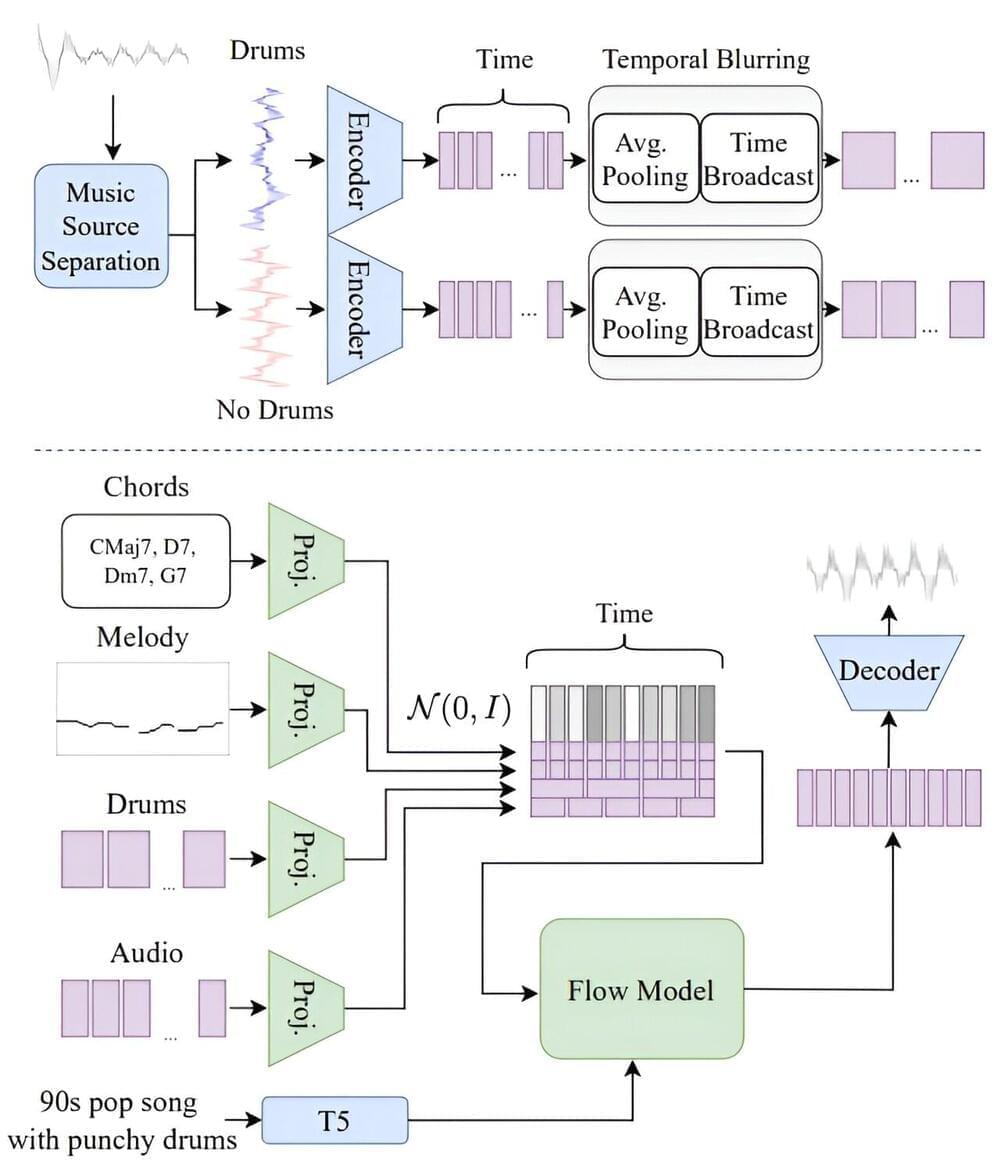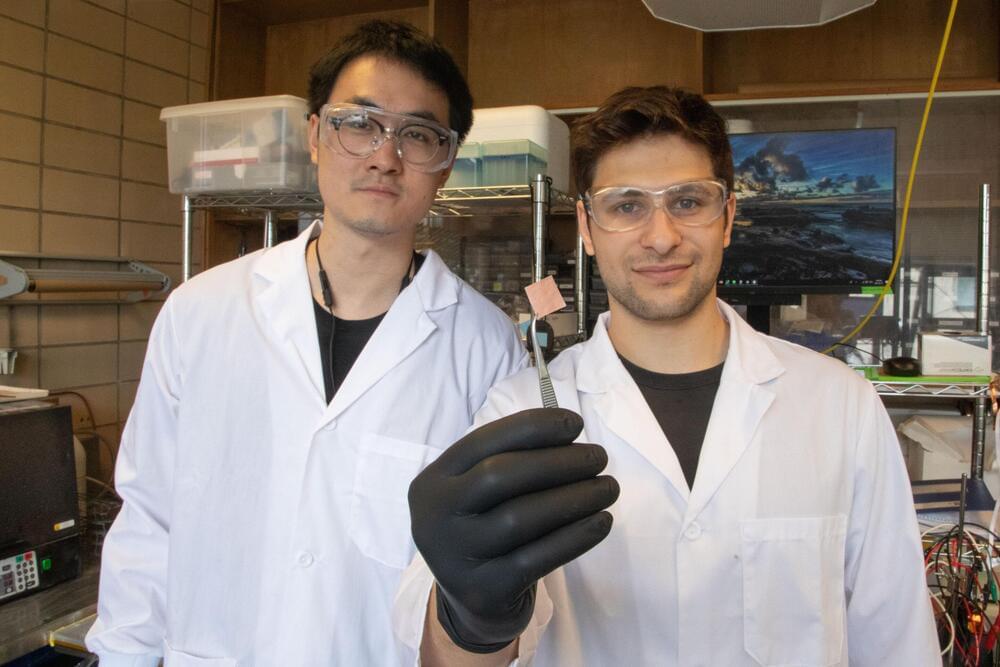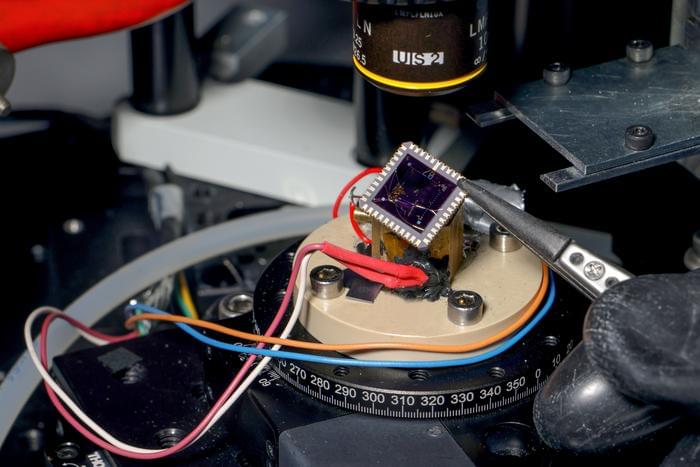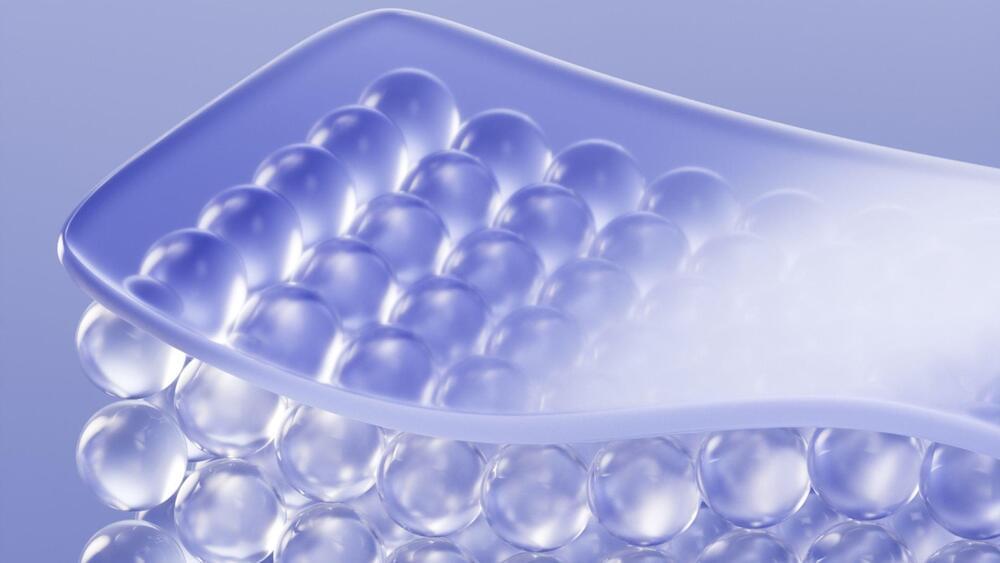Page 950
Jul 6, 2024
Meta releases four new publicly available AI models for developer use
Posted by Shailesh Prasad in category: robotics/AI
A team of AI researchers at Meta’s Fundamental AI Research team are making four new AI models publicly available to researchers and developers creating new applications. The team has posted a paper on the arXiv preprint server outlining one of the new models, JASCO, and how it might be used.
As interest in AI applications grows, major players in the field are creating AI models that can be used by other entities to add AI capabilities to their own applications. In this new effort, the team at Meta has made available four new models: JASCO, AudioSeal and two versions of Chameleon.
JASCO has been designed to accept different types of audio input and create an improved sound. The model, the team says, allows users to adjust characteristics such as the sound of drums, guitar chords or even melodies to craft a tune. The model can also accept text input and will use it to flavor a tune.
Jul 6, 2024
Scientists Built an Ingenious Trap to Catch Dark Matter. We’re About to See If It Worked
Posted by Shailesh Prasad in category: cosmology
The bold experiment may finally uncover the elusive stuff that makes up 95 percent of the universe.
Jul 6, 2024
New contaminant-tolerant catalyst could help capture carbon directly from smokestacks
Posted by Shailesh Prasad in category: engineering
A newly designed catalyst created by University of Toronto Engineering researchers efficiently converts captured carbon into valuable products—even in the presence of a contaminant that degrades the performance of current versions.
The discovery is an important step toward more economically favorable techniques for carbon capture and storage that could be added on to existing industrial processes.
“Today, we have more and better options for low-carbon electricity generation than ever before,” says Professor David Sinton, senior author on a paper published in Nature Energy that describes the new catalyst.
Jul 6, 2024
A 2D Device May Help Quantum Computers Stay Cool
Posted by Paul Battista in categories: computing, nanotechnology, quantum physics
PRESS RELEASE — To perform quantum computations, quantum bits (qubits) must be cooled down to temperatures in the millikelvin range (close to-273 Celsius), to slow down atomic motion and minimize noise. However, the electronics used to manage these quantum circuits generate heat, which is difficult to remove at such low temperatures. Most current technologies must therefore separate quantum circuits from their electronic components, causing noise and inefficiencies that hinder the realization of larger quantum systems beyond the lab.
Researchers in EPFL’s Laboratory of Nanoscale Electronics and Structures (LANES), led by Andras Kis, in the School of Engineering have now fabricated a device that not only operates at extremely low temperatures, but does so with efficiency comparable to current technologies at room temperature.
Jul 6, 2024
New aerogel hits 104% solar reflectivity, boosts radiative cooling
Posted by Shailesh Prasad in category: materials
Scientist says the material has a reflectivity of 104% in the visible region which is obtained by the photoluminescence effect.

Synthesizer symphony whilst travelling to far out places along the rickety wooden bridge between worlds. http://vevo.ly/ZCg3ZH
















